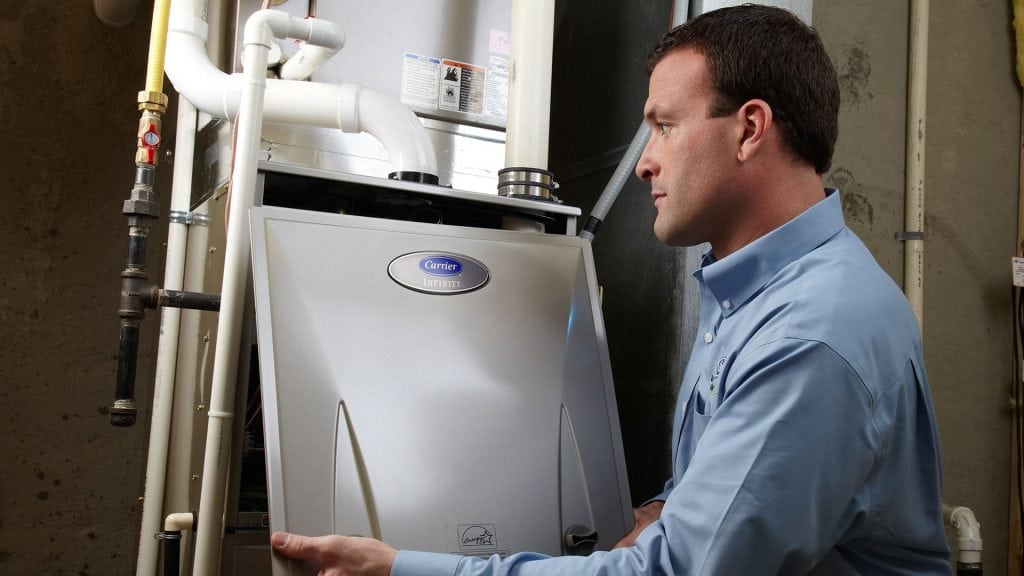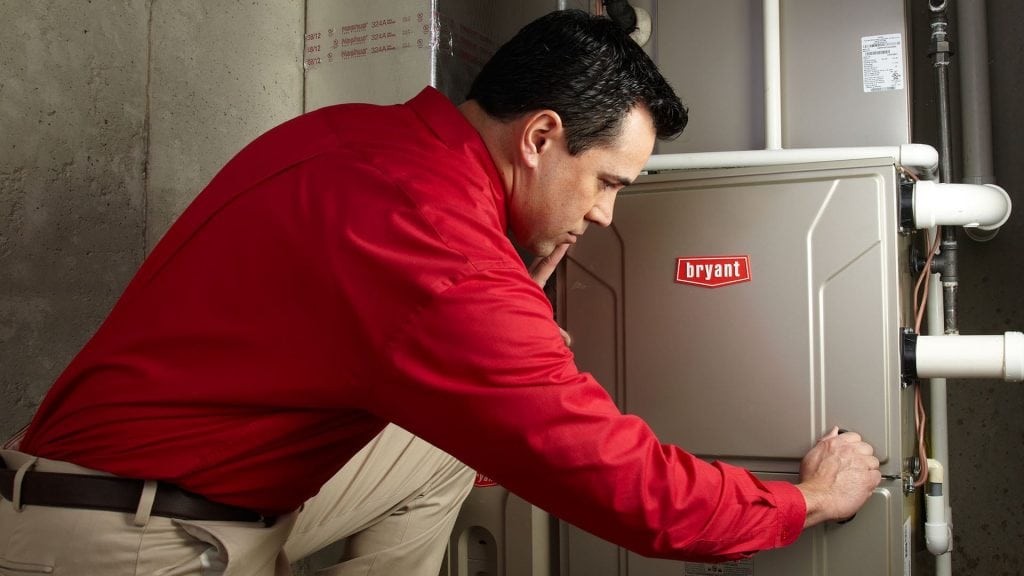Buyer's Guide to Heat Pump Replacement

Buyer's Guide to Heat Pump Replacement
It’s easy to find yourself overwhelmed with a heat pump replacement task. At AC Southeast®, we work with HVAC contractors throughout the southeastern U.S. and are here to help you sort through the information available.
After you read this blog, use our search tool to locate a qualified local HVAC contractor to help you with your heat pump replacement or installation.



